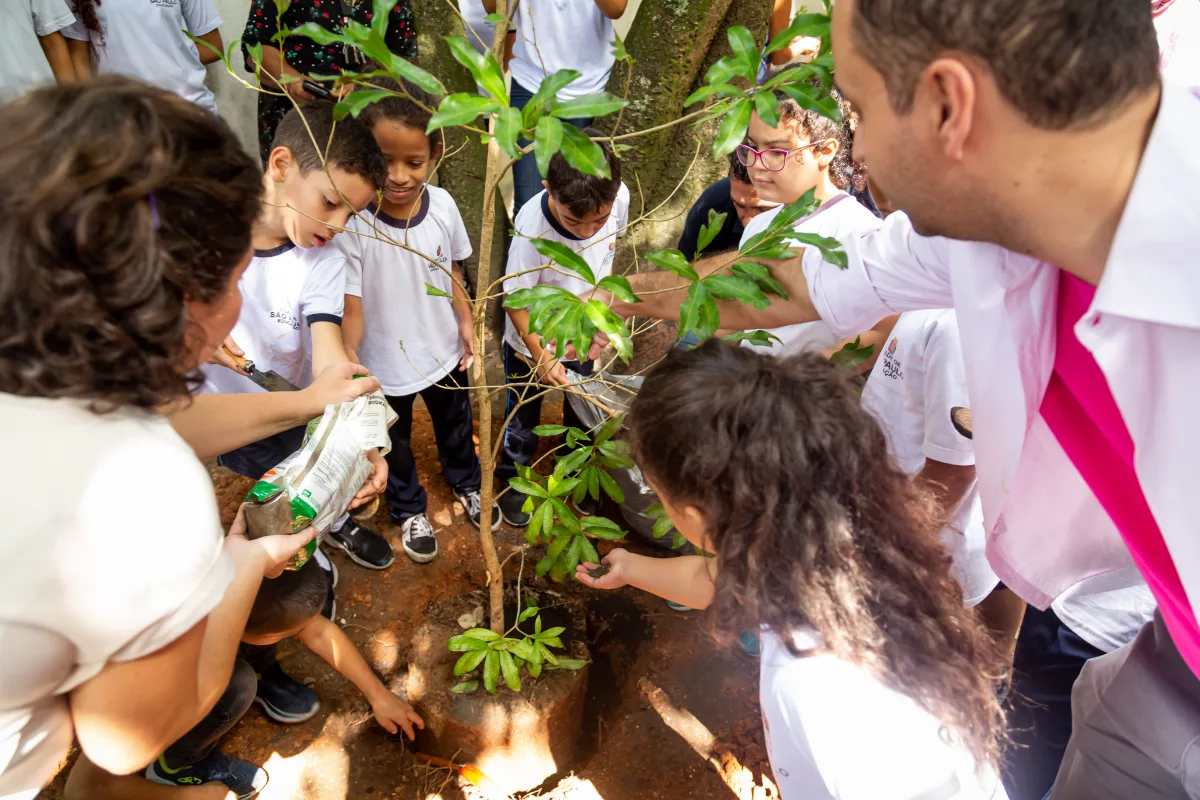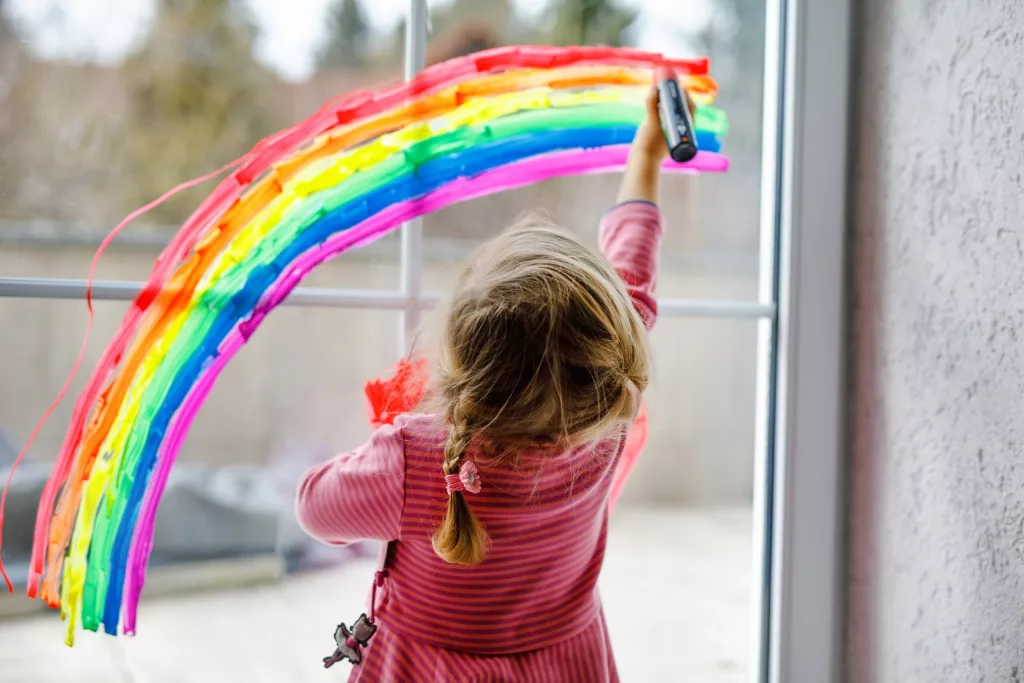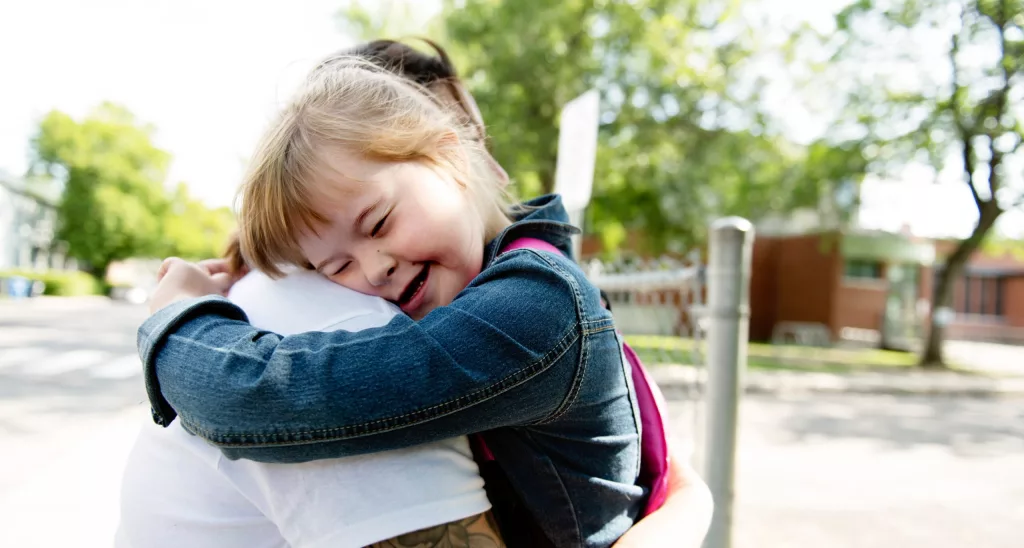04/04/2024
The Alana Institute has just established a partnership with the São Paulo City Government to bring more nature into school spaces and their surroundings. The project, named Refresca SP, will begin with a pilot at the Virgílio de Mello Franco Municipal Elementary School, located in the eastern zone of São Paulo—the same region where the Alana Institute was founded and has been active since its creation, which this year celebrates its 30th anniversary.
The project’s goal is to transform school infrastructure by placing nature at its center and implementing measures that encourage the use of green spaces inside and around schools. By doing so, the initiative seeks to strengthen the connection between children and adolescents and nature, foster their protagonism in conservation, and help mitigate the impacts of climate change—already felt by them, especially in vulnerable areas. “The idea is to envision school spaces as central hubs for climate adaptation and resilience actions, combined with innovative education strategies. To make schools greener, where children can play and learn with and in nature,” says JP Amaral, Manager of the Nature Program at the Alana Institute.
Why is it important to bring more greenery into school spaces?
Schools are numerous and well distributed across cities, making them strategic public facilities. Increasing nature in these spaces can play a crucial role in expanding the network of urban green areas, helping regulate temperature, reduce pollution, and mitigate flooding. Scientific evidence also shows that contact with nature improves both learning and all indicators of physical and mental health among children and adolescents.
For this reason, it makes sense to place nature at the core of the design and use of school spaces and their surroundings. Schools also function as centers for cultural exchange and community life. Thus, greener schools—built with innovative and sustainable solutions through participatory processes—contribute to climate literacy and community resilience.
As part of Refresca SP, the planned steps include awareness-raising activities, mapping and systematizing best practices already implemented in municipal schools, and strengthening student councils and the active participation of children and adolescents as key actors in these transformation processes. The pilot will serve to generate learnings and test solutions before expanding the plan to other Regional Boards of Education and encouraging the creation and implementation of public policies to integrate nature into education and school environments.
Project “Refresca SP” Aims to Protect Schools from the Effects of the Climate Crisis
The project officially began with a symbolic planting of a Peroba Rosa tree, a native species of the Atlantic Forest, in the schoolyard where the pilot will take place. The event was attended by Municipal Secretaries José Renato Nalini, from the Executive Secretariat for Climate Change (SECLIMA), and Bruno Lopes Correia, Deputy Secretary of Education.
Alana has been working, together with other organizations and municipalities, on different initiatives to promote nature-based education. This includes transforming school spaces with more green areas and sustainable solutions; redesigning curricula and learning proposals so that children and adolescents can benefit from these green spaces to play and learn; and implementing greener, healthier alternatives in the surroundings of schools. All of this is carried out with the participation of students, educators, and the community.




